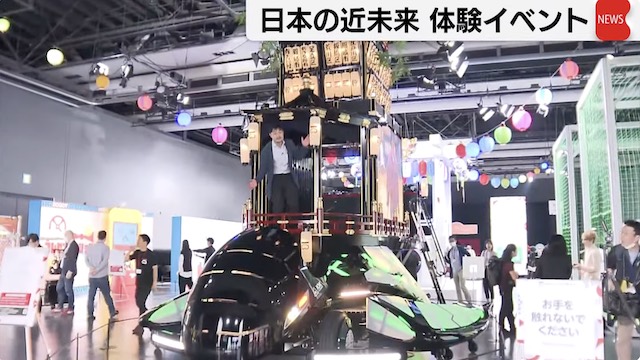Jan 07 (newsonjapan.com) - Gambling has been largely illegal in Japan for decades. Soccer lottery and betting on racing activities, as well as games originating in Japan (pachislo, mahjong, and pachinko), remained the only legal industry activities on nation grounds.
That all changed when the IR initiative began in an attempt to boost Japan’s touristic appeal even further.
As MGM announced interest in building a $9 billion casino resort in Osaka, Japan’s CRC (Casino Regulatory Commission) has announced a potential draft for casino laws and regulations, which also enveloped nine globally-popular titles, such as roulette, poker, and blackjack. This would be the first time in history that Japan would have in-person casinos featuring international games legally operating in the country – moreover, international in-person casino vendors, as well.
Although talks about casino regulations have been in the works for years now, one could speculate that the recent pandemic has boosted these efforts to a great extent. The reason? It’s simple – money.
The importance of Pachinko Parlors
Active players spend somewhere around 89.5 thousand yen annually on average playing pachinko. It’s estimated that one in 16 citizens regularly engages in playing the game, and that the market value of pachinko in Japan falls somewhere around $200 billion – accounting for circa 4% of the country’s GDP! Pachinko is an extremely popular game locally and holds a huge share of not only betting and gambling in Japan, but the entire entertainment industry as a general.
However, with the booming of global entertainment and economic shifts, pachinko parlor earnings have fluctuated greatly in the past few years – with differences being in the billions, and the pandemic has had its fair share of “blame”.
Because two people are required to sit relatively close together in most pachinko parlors, it’s suspected local in-person vendors will continue taking massive financial hits, all the while consumers turn to take their spending habits online. Households spent around 300 thousand yen per month on average, while traveling expenditures saw a 59% decline.
Although local casinos are yet to be properly regulated in Japan, consumers have long sought their share of the Las Vegas experience on online vendors. Industry experts have built websites such as https://www.japanesecasino.com/reviews to ensure Japanese betting enthusiasts have enough credible resources to turn to while venturing into the casino world completely remotely.
There has been no formal study on how much money Japan’s citizens have spent on international online casino websites, but one can imagine it’s probably a lot when we look at how many of these websites now offer content and support on Japanese. Considering how much money circulated within the borders of Japan from pachinko parlors alone, the question remains – will we see a complete opening of the casino industry in Japan in 2022 as in-person parlors become less favorable, or will international vendors gain more Japanese audience members?










